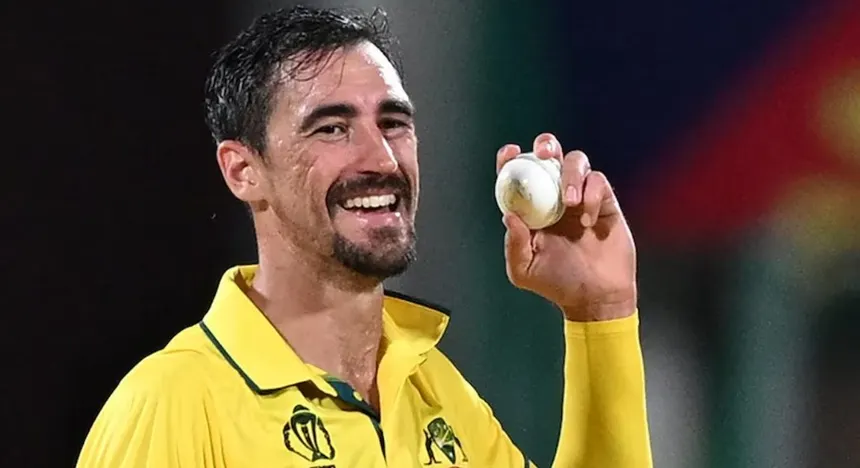
Mitchell Starc is set to make a long-awaited return to the Big Bash League after 11 years, rejoining the Sydney Sixers for the upcoming BBL season. However, alongside the excitement of his comeback, the veteran fast bowler has issued a firm warning to Cricket Australia: do not allow the growing influence of T20 cricket to compromise the nation’s cherished Test summer.
Starc’s return marks a rare domestic appearance for one of Australia’s premier quicks, who last featured in the BBL back in the 2014–15 season. The left-arm pacer, now 35, has been one of the most heavily managed fast bowlers in the modern game — balancing international duties, injury management, and workload concerns. His re-entry into the Big Bash, following his retirement from international T20 cricket earlier this year, signals both a nod to the league’s revival and a reflection of his adjusted career focus.
Yet Starc made it clear that his participation in franchise cricket should not come at the cost of Australia’s Test calendar. “Test cricket is the pinnacle of the game,” he said. “I don’t think it should ever make way for T20 cricket — whether that’s the Big Bash, the IPL, or anything else.” His comments arrive amid speculation that Cricket Australia may consider expanding the BBL window or tweaking scheduling to align with potential future privatization plans.
Starc’s concern reflects a broader unease within the Australian dressing room. The country’s Test players — including Pat Cummins, Travis Head, and Marnus Labuschagne — have long prioritized the red-ball format, even at the expense of lucrative T20 opportunities. Starc’s warning serves as both a reminder and a challenge to administrators: protect the integrity of the traditional summer Tests, even as T20 leagues around the world tighten their grip on the calendar.
From a scheduling perspective, Starc’s argument has merit. The Big Bash often overlaps with parts of the Test season, forcing Australia’s best players to choose one over the other. Starc believes a more compact domestic T20 window, either before or after the main Test series, could serve both audiences without cannibalizing interest. “You can have your Big Bash window,” he added, “but not at the expense of the Baggy Green.”
For the Sydney Sixers, Starc’s return is both a boost and a statement. His pace, control, and experience will add firepower to a side already rich with talent, while his presence promises to reignite fan enthusiasm for the league. He’s expected to join the Sixers once the Australian summer Tests conclude in January, subject to workload clearance from the national setup.
Starc’s words, however, resonate beyond one franchise or format. They highlight a crossroads for modern cricket — where tradition and commerce increasingly clash. The left-armer’s stance reinforces that Test cricket still holds a sacred place in the Australian psyche, and any attempt to dilute it risks alienating players and purists alike.
As the Big Bash continues to evolve and the lure of private investment grows stronger, Starc’s message is clear and uncompromising: the T20 revolution can thrive, but not at the expense of the game’s oldest and most respected stage.
12BET Shortlisted for Sportsbook Operator of the Year at SBC Awards 2025

